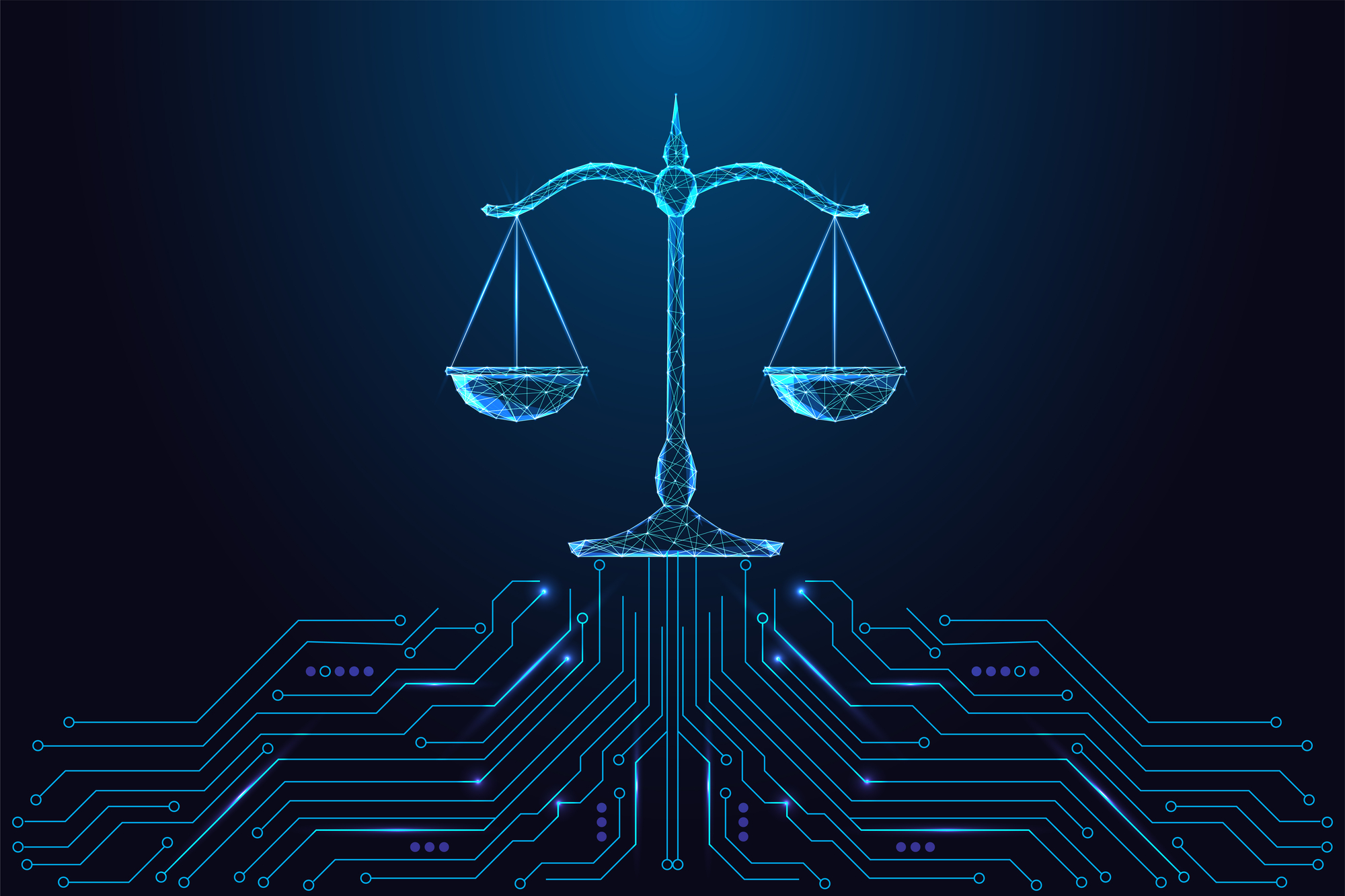Should There Be Billionaires?

In late June, Democratic Socialist Zohran Mamdani won the Democratic Primary for the mayor of New York City, over establishment candidate Andrew Cuomo. Making waves shortly thereafter, Mamdani attested that “I don’t think we should have billionaires because, frankly, it is so much money in a moment of such inequality.” Fighting words from the potential future mayor of the city with the most billionaires.
Billionaires did not take this lying down. In a statement on X on July 4th, Sam Altman, the venture capitalist and CEO of OpenAI, contended that he’d “rather hear from candidates about how they’re going to make everyone have the stuff billionaires have instead of how they are going to eliminate billionaires.”
Neither of the full views of either of these individuals can be gleaned from these short comments, but it sets up an interesting ethical question: Should there be billionaires? Or, more precisely: Should the government take steps to prevent billionaires from arising?
This is not the same as whether it is moral or ethical to be a billionaire. One might argue there is something grotesque about hoarding wealth like a dragon, when so many suffer in poverty (indeed, leftists have made such arguments). But it does not necessarily follow that the government should step in – perhaps we should simply regard it as a moral failing, a character flaw. To legislate the accumulation and reservation of wealth is a different question entirely. Could such a policy be justified?
The simplest argument is that billionaires deserve their billions; they should not be dispossessed of their hard-won rewards. This follows a pat societal story about the earning of money. Unfortunately, philosophical analysis does not support this narrative. Becoming a billionaire is incredibly luck dependent. Many simply inherited their money. But even if we think that a particular billionaire is very talented — business savvy, academically gifted, hardworking — did they somehow “earn” those traits? No, possessing those personal characteristics is ultimately just good luck as well. (I have, previously, questioned if anyone deserves anything.)
Additionally, the earning of so much money occurs on a specific social and legal backdrop. Without the corporate world organized just so, and investment laws, and the stock market, etc, such wealth would not simply materialize. From basic safety to specific resources, modern billionaires depend on government (and the public) for their existence. They do not simply emerge independently in the wild for the grasping hand of the state to swipe its share at the eleventh hour.
So taxing and redistributing money from billionaires does not represent a special obstacle. But why might a state be interested in it? There are reasons associated with both ameliorating potential harms caused by the existence of billionaires, as well as providing a wide social safety net to all members of society.
At first blush, it seems people are not directly harmed by the mere existence of billionaires. My house does not become smaller, just because someone else’s is bigger. However, inequality can have consequences of its own. In a highly unequal society, humans may treat those with fewer resources as lesser individuals and this prejudice and discrimination can cause an additional level of harm. The negative social effects of inequality are scientifically well-established, with Laura Siscoe having previously written about some of the issues associated with inequality for The Prindle Post.
Moreover, contrary to Altman, there are certain goods that not everyone can simply have more of. For example, there is only a finite amount of political power to go around, and if it is monopolized by billionaires, then others simply lose their ability to have their voice heard. The unequal distribution of political power represents an additional risk as billionaires can further distort politics in their interest.
Finally, a government may be interested in redistributing some of this money to provide public goods and services. This is especially true given the impact money has for different people. If you take a billion dollars from someone like Jeff Bezos, it essentially represents a small decrease in his net worth. It does not impact what he can buy or how he can live his life. However, a $100,000 may be completely transformative to someone earning $30,000 dollars a year. And for the price of this fractional cost to Bezos, this could be done 10,000 times! Or, if we oppose such direct transfers, the same general point applies to, say, building a public library. (It is worth noting that sudden changes in the distribution of wealth can have large-scale economic implications, which make it more complicated than this toy example illustrates.)
Perhaps what people are really interested in defending are not billionaires, but a system where individuals have the freedom and motivation to become billionaires. The concern is that starkly taxing billionaires would undermine the dynamism and drive behind entrepreneurialism. Ultimately, this is not a philosophical question, but an empirical question about how different tax structures and redistributive policies impact economic growth. The jury is still out.
However, even for the staunchest supporters of capitalism, a prohibition against billionaires is not obviously problematic. First, even if we constrained people’s ability to achieve 10 figures, individuals could still become incredibly wealthy; regulation is not antithetical to the profit motive. Second, there’s reason to doubt that innovation is the product of a small number of exceptional individuals seeking to be billionaires. This is especially notable for those like Sam Altman himself, who is unrelated to any technological innovation in AI except as a financier. Presumably, of all parts of the innovation ecosystem, the most easily switched out is the specific pockets financial support comes from. In fact, if we are trying to maximize innovation, then a redistributive system which spreads resources around, allowing more people to get their ideas out there and innovate, should be preferred.
Even if we agree that there should not be billionaires, the precise way to go about doing that can raise independent challenges (e.g., how to enforce a wealth tax). However, from a philosophical perspective, opposition to billionaires is not an especially radical idea – it’s fully compatible with capitalism and a high tolerance of inequality. The harm done to a billionaire by making them a hundred-millionaire instead is minimal, the good that can be done with such money incredible, and the opening up of political power laudatory. From the perspective of a billionaire, redistribution no doubt feels unfair, but it’s not obvious that a compelling argument rests behind that impression.




